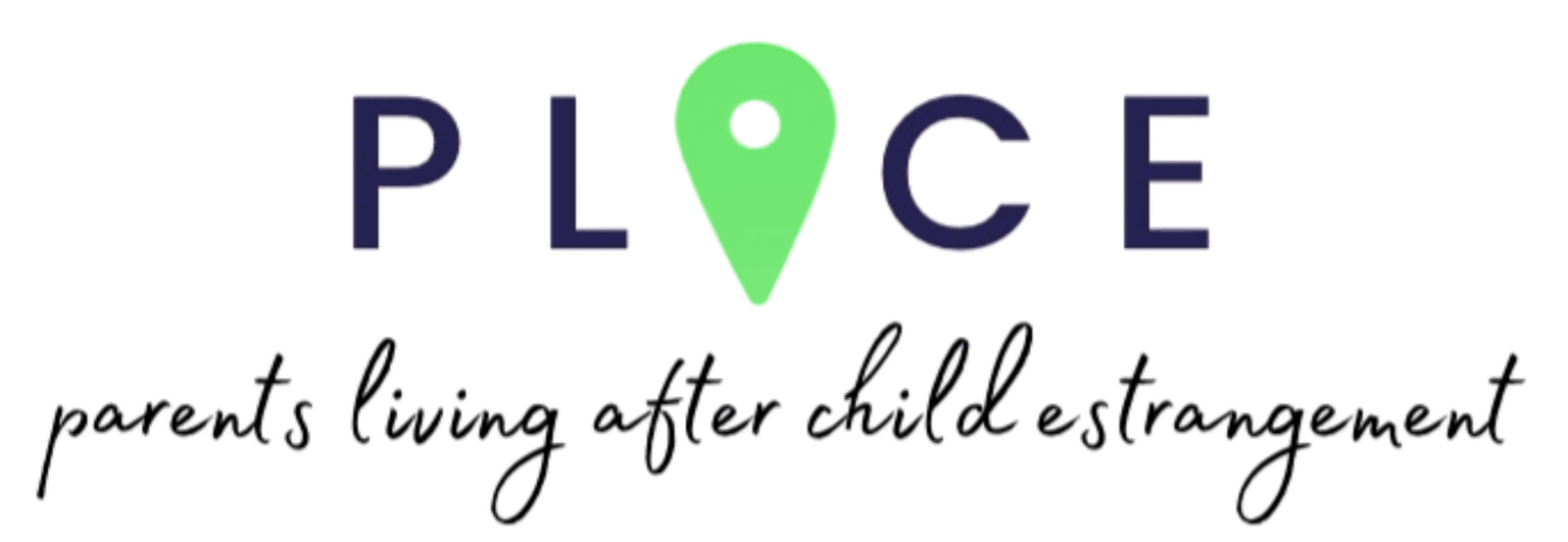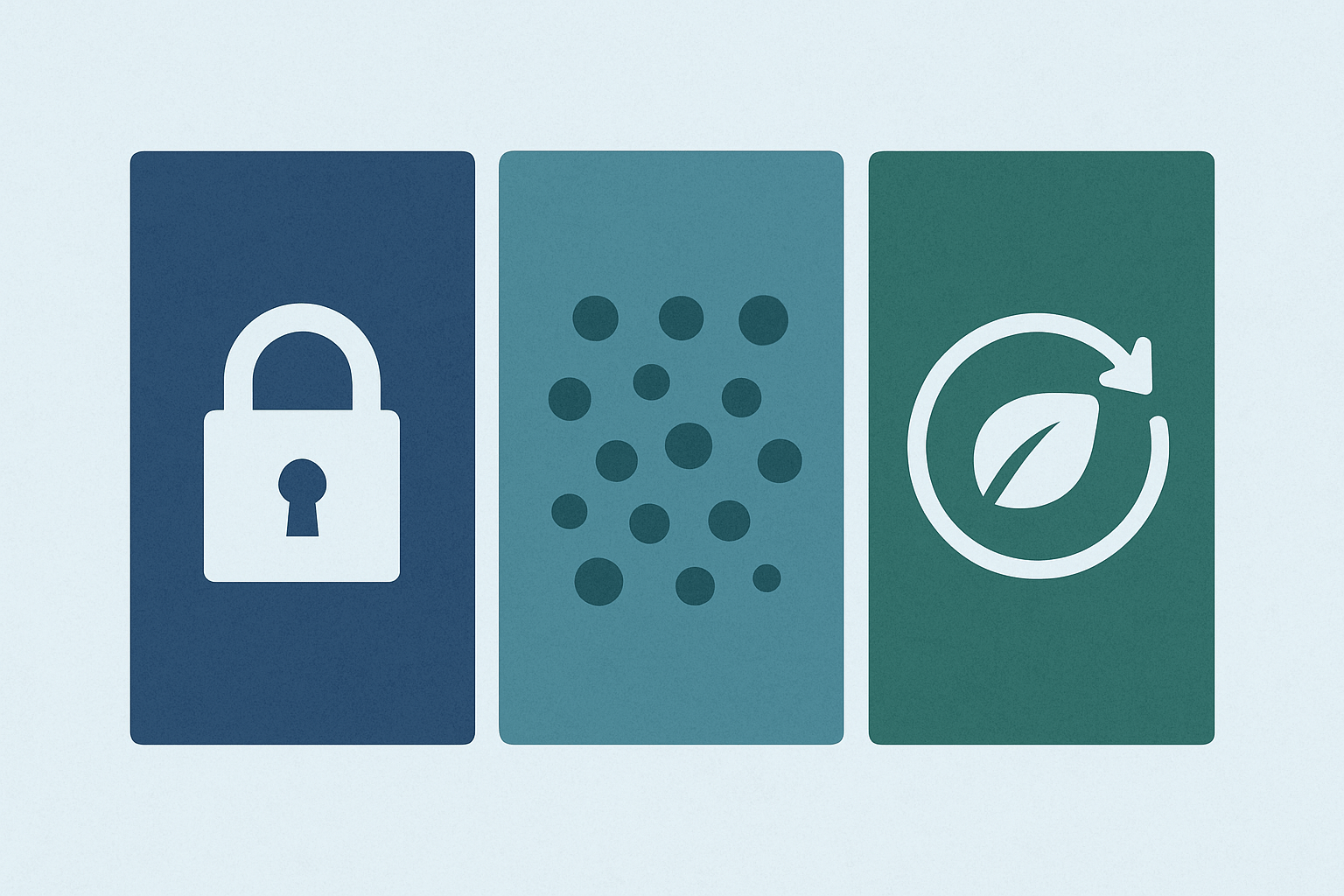As you EPs probably know, “boundaries” is a word that’s not only overused, but frequently used incorrectly. Your boundaries are your personal policies about how you will conduct yourself. There is often an interpersonal aspect.
Our boundaries are not rules for other people. If I say, “My boundary doesn’t allow you to yell at me,” that’s incorrect and useless. You can have a boundary that you don’t participate in communication that includes yelling, but saying so doesn’t prevent the other person from yelling.
Boundaries fall into three categories: rigid, porous, and healthy/flexible. We may think we’re being virtuous and strong when we proceed with rigid boundaries, but life is an ever-changing and evolving set of events. Rigidity does us a disservice since it does not accommodate change or unique circumstances.
Porous boundaries aren’t effective. If you have a history of people pleasing, perhaps you know what is right for you, but it quickly goes by the wayside in deference to other people. This is effectively de-prioritizing yourself, and that opens you up to myriad problems.
Flexible boundaries give the best results. You know what is best for you, but you allow yourself to make adjustments. You’ve maintained your integrity and values, though also remained realistic with well-considered exceptions.
And of course, your boundaries deserve your time and attention. If you have a boundary that, say, you don’t participate in rude interactions, is your EAC an exception?
Learning to allow your boundaries to be flexible may take time and effort. If you struggle with porous boundaries, you may need to practice assertive communication techniques. Please remember that in addition to the importance of family, you are important individually.



